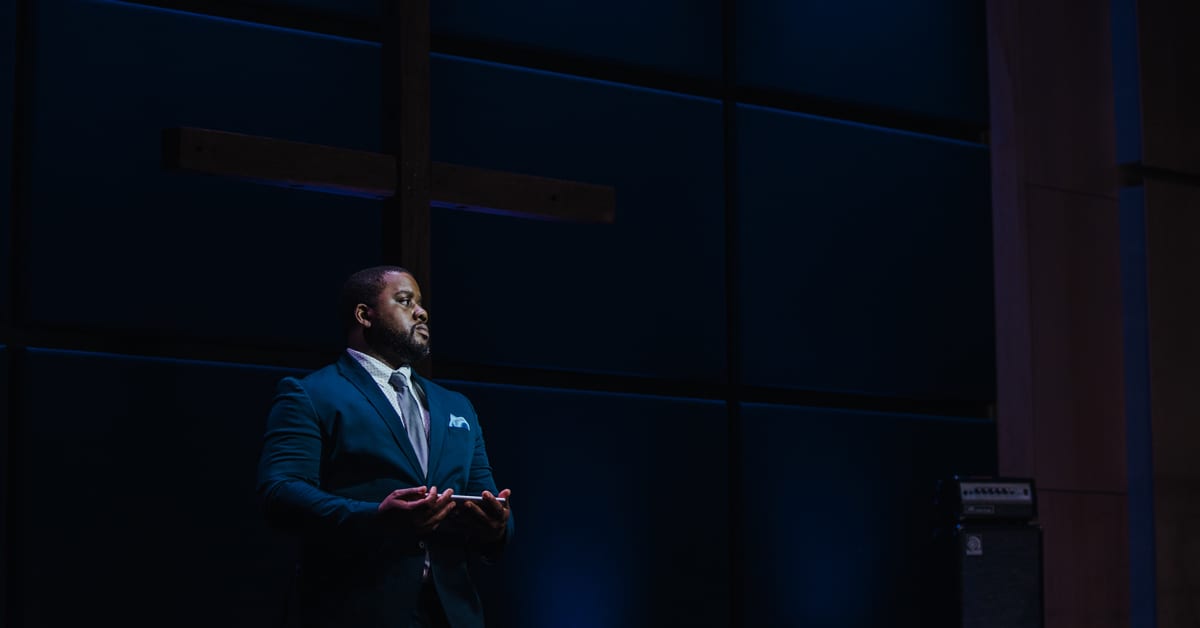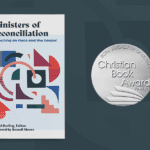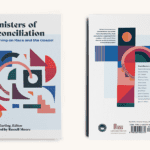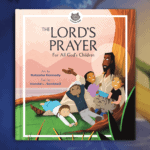
In this excerpt from the foreword to Ministers of Reconciliation, Russell Moore explains why pastors should not shy away from addressing matters of racial justice and reconciliation from the pulpit.
Several years ago, reading a Baylor University Press compilation of sermons and speeches from the Jim Crow era, I was struck by one from a pastor, Robbins Ralph, who spoke pointedly to his congregation of the sinful hypocrisy of claiming to follow Christ while remaining silent in the face of white supremacy. “I beg your pardon if I have spoken in such a way as to disturb your thinking,” the pastor said at the conclusion of his sermon. “I beg God’s pardon if I have not.”
This is an important word. As I was writing this, I heard a Christian minister say that questions of racial justice and reconciliation are “perilous waters.” Indeed they are, at least once one says anything beyond the most general of platitudes. That is hardly surprising since it is controversial, too, to preach against anything more specific than “immorality” to people who are intent on continuing in sexual sin or murder or theft.
The implication behind those fearful of addressing such questions—whether of human slavery in the 1850s, lynching murders in the 1920s, Jim Crow in the 1950s, or questions of ongoing racism, both personal and systemic, now—is that they should be avoided because they are “controversial.” And yet Jesus inaugurated his own ministry talking about these matters—by pointing out that God’s purposes extended beyond Israel to the widow of Zarephath and to Naaman the Syrian, knowing that the crowd would turn from wonder to rage (Luke 4:25–28).
The apostle Paul argued that the union of Jew and Gentile in Christ was a key aspect of the mystery of Christ in the gospel (Eph 3:4–6; Col 3:11), and was willing to confront head-on the apostle Peter when Peter was refusing to be seen eating with Gentiles (Gal 2:11–14). And the New Testament—in continuity with the Law and Prophets long before—affirms that people will be held accountable for unjust practices and systems (Luke 3:12–14; Jas 5:1–6). Racism and racial injustice not only hurt vulnerable people (although that’s certainly the case), but also send people to hell. We have no option to overlook sins for which Jesus died. To do so distorts the gospel—and also holds back the word of reconciliation with God for those in need of repentance.
This book includes reflections from many who have taught and preached on these matters, and these essays may well spark within you ideas for how to stand for Christ on these issues in your church or family or community. I am sure that the authors of this book would beg your pardon if your thinking is disturbed, and would beg God’s pardon if it is not.
Are these perilous waters? Sure. The Red Sea, the Jordan River, every baptismal pool that joins a follower of Christ to his Lord in crucifixion, burial, and resurrection—these are all perilous waters, too.
Let’s follow Jesus there.
This post is adapted from Russell Moore’s foreword to Ministers of Reconciliation: Preaching on Race and the Gospel edited by Daniel Darling (Lexham Press, 2021).
Read the entire first chapter in this 11-page sample from Ministers of Reconciliation.







